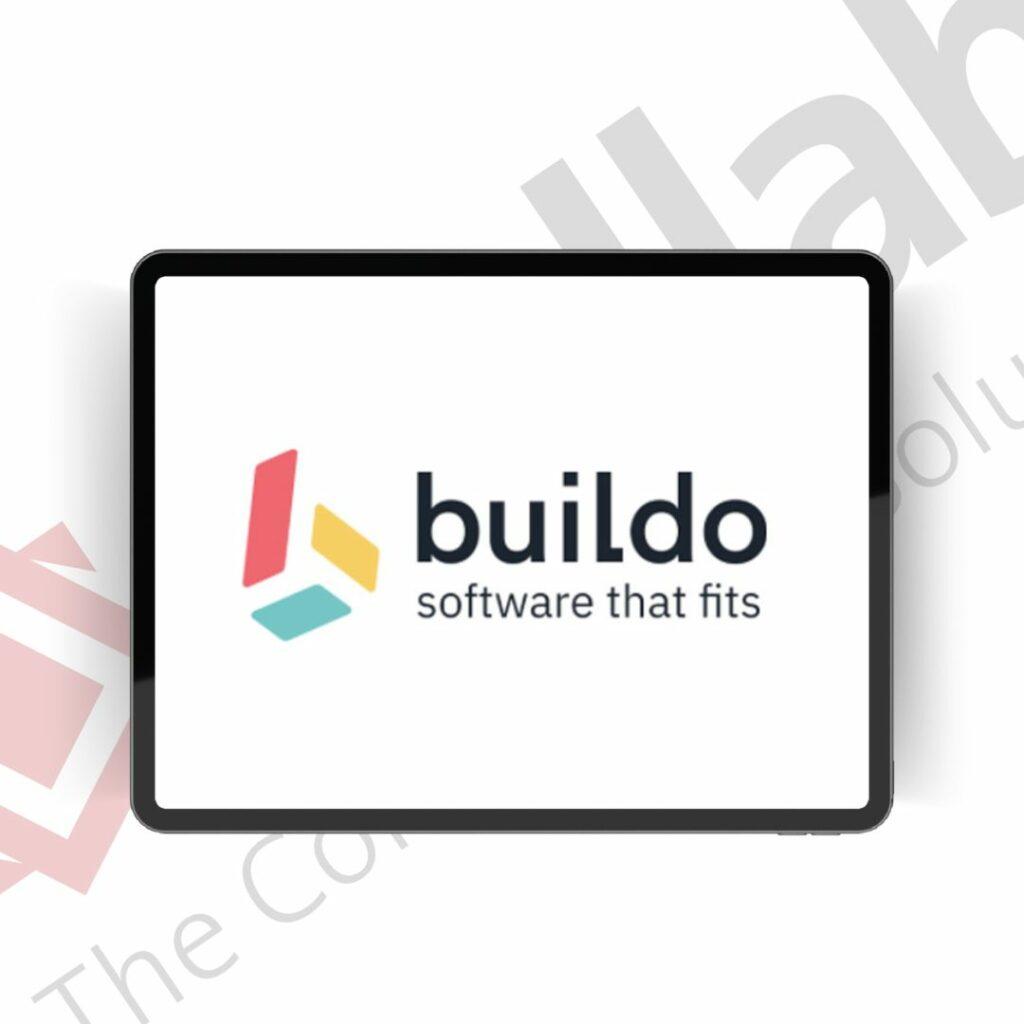BUILDO
Buildo is an Italian software development company that customizes software solutions to perfectly fit customers’ needs. The company is organized into self-organized teams of designers and engineers focused on creating high-quality custom software.
Buildo’s teams are able to manage the entire project: from the acquisition of requirements to deployment in production.

NEEDS
Buildo chose Redlab to implement OKRs in the company and make the framework a central tool for improving how people work.
Furthermore, OKRs were to integrate project and organizational activities and make them move in a common direction.
GOAL
The organization is investing heavily in its people through training tools and advanced organizational practices. OKRs for Buildo fit into this line of activity and aim to align all people around the company’s strategic objectives transparently.
The framework also had to fulfill the purpose of giving people a better view of priorities and making the entire organization able to work less and better without sacrificing the achievement of objectives.
It was also necessary to ensure a better alignment of project teams with corporate objectives and integrate them with operational objectives.
ACTIVITIES

results
Nessun elemento trovato.
The specificity of Buildo’s activities required an adaptation of the framework to fit the organization’s operational context.
The challenge was to define an implementation scheme that would integrate the functions to which OKRs are usually applied (sales, marketing, people, etc.) with the project teams (especially the most important ones) that are an important part of Buildo. In fact, project teams are a fundamental element of the company and make an important contribution to the success of the organization.
The structure identified in the design phase enabled this to be achieved and the effect was to give clarity to the project teams as to what, apart from project completion and customer satisfaction, was important to the project. The delivery teams were thus able to clearly see how their project should contribute to Buildo’s strategy, set OKRs accordingly and act accordingly in the implementation phases.
After the first quarter, the approach was slightly modified to incorporate the feedback received from the teams and to allow an even better implementation of the framework.
The results of this work were very positive and the company achieved its business goals and those that drove the OKR implementation.
Buildo is succeeding in having a more cohesive team, focused on priorities and pulling everything in the same direction while also increasing engagement and motivation among colleagues.
The successful and satisfying implementation of OKRs at Buildo has demonstrated how a structured and well-integrated approach to goal management can make an important contribution to giving direction and improving the business organization. By adapting the OKR framework to Buildo’s specificities, the company not only improved transparency and alignment between different organizational levels, but also optimized the way each team contributes to the overall strategy.
Ultimately, Buildo not only achieved its goals through the implementation of OKRs, but also created a more motivating and results-oriented work environment, confirming the value of OKRs as an essential strategic lever.